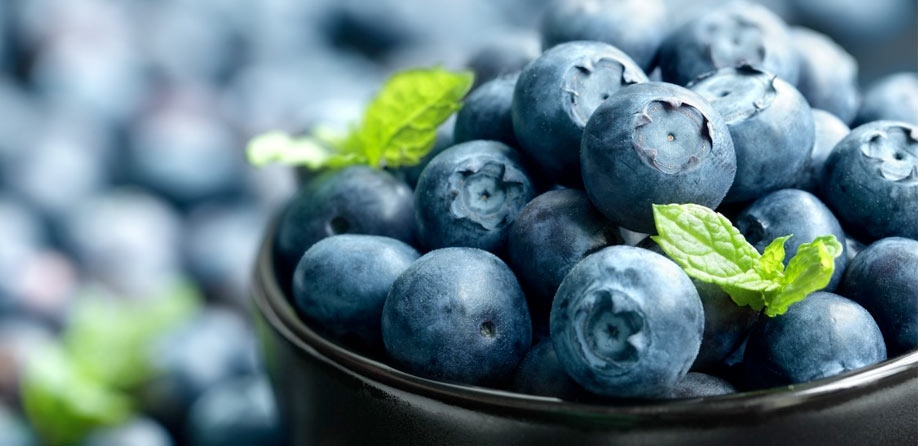
Probiotics in Foods Can Help You Avoid Genetic Health Problems
As researchers continue to learn more and more about the role gut bacteria play in our health, it’s truly astounding just how powerful these little bugs can be. In fact, research conducted at the University of Wisconsin-Madison has found that these microscopic creatures can actually help turn our genes off and on. What they uncovered gives you a great way to avoid illness — even genetic illnesses.
For this study, the researchers raised mice in a germ-free environment so they could focus on the effects of the microbes introduced through diet. They found that the bacteria actually produced metabolites that talk to the mice’s cells and affected gene expression. They evaluated some of these effects by feeding one group of mice a plant-based diet that provided a variety of carbohydrates similar to what humans could obtain from eating a diet based on fruits and vegetables. They gave another group a high-fat, high-sugar diet to imitate conventional Western choices.
As you might expect, the mice eating the plant-based diet fared far better and had much more complex microbiomes (intestinal bacterial balance). And the microbes were better able to communicate with the mice’s genes and influence them for good. This was thanks to the production of short-chain fatty acids that occurred as the gut bacteria consumed and fermented the nutrients in the plants. The bacteria in the mice eating the Western-style diet had fewer nutrients to consume, resulting in decreased fatty acid production and, consequently, decreased communication.
The researchers were particularly surprised to find that the microbiome didn’t just communicate with cells in the stomach and colon. It even sent messages to the liver and other areas of fatty tissue throughout the body. This indicates that having a healthy and diverse microbiome is important not just to our digestive health, but for the body as a whole.
If you want to have a healthy gut microbiome that can help your genes communicate and perform their best, you need to both populate your colon with healthy bacteria and give them the right foods. Eating a variety of plant-based dishes rather than a diet high in fat and sugar will help with the latter part of the equation. And it will eventually contribute to the first part by gradually increasing the complexity and quantity of good bacteria in your gut.




